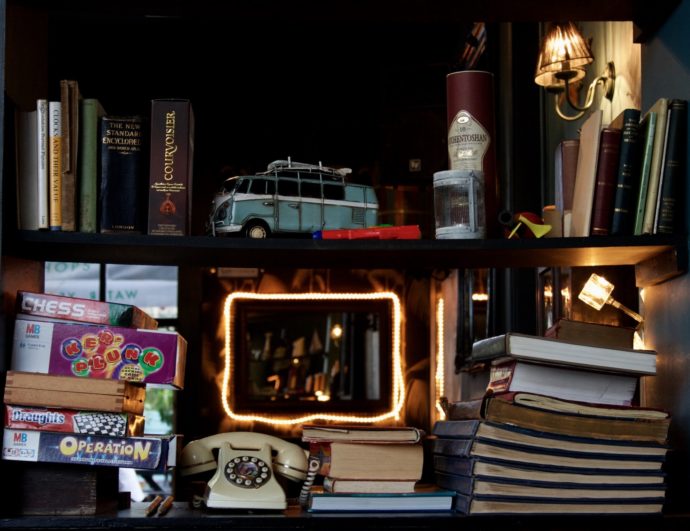Healthcare Dive helpfully reviews the benefit improvements that large health insurers have made in response to the COVID-19 emergency.
Hospitals say that’s not enough, and are calling on the biggest payers to follow actions taken by Congress and CMS to help resolve cash flow issues, by accelerating payments or opting into releasing interim periodic payments. The American Hospital Association also is urging payers to eliminate administrative burdens such as prior authorizations.
The more things change, the more they stay the same.
Beckers Hospital Review reports that “Peak demand for hospital resources due to COVID-19 is expected by mid-April in the U.S., according to an analysis from the University of Washington’s Institute for Health Metrics and Evaluation in Seattle.” The report provides an expect peak demand date for each State in the Union and DC.
The HHS Office for Civil Rights which enforces the HIPAA Privacy and Security Rules loosened another Privacy Act provision for the duration of the COVID-19 emergency —
As a matter of enforcement discretion, effective immediately, the HHS Office for Civil Rights (OCR) will exercise its enforcement discretion and will not impose potential penalties for violations of certain provisions of the HIPAA Privacy Rule against covered health care providers or their business associates for uses and disclosures of protected health information by business associates for public health and health oversight activities during the COVID-19 nationwide public health emergency.
Although this is really inside the Beltway, the FEHBlog, as a lawyer, finds it noteworthy to relate that, according to Govexec.com, the Office of Management and Budget “is not directing agencies to extend the amount of time alloted for public feedback on regulation changes during the coronavirus outbreak, despite calls from [House Democrat] lawmakers to do so.”
Finally, the FEHBlog notes that according to the Boston Globe’s Stat News, rumblings about masking the American public continue.
In a draft document obtained by STAT, the CDC recommended that the public use homemade face coverings when in public, reserving higher-grade protective equipment like N95 masks for hospitals and health care workers, who have faced severe shortages in personal protective equipment as the coronavirus pandemic has accelerated through the United States.Such face coverings, according to the draft guidance, would not be intended to protect the wearer, but rather prevent the wearer from unknowingly spreading the disease when in public. Individuals should wear face coverings in public settings like grocery stores, the guidance said. Children under the age of 2 and people experiencing trouble breathing would be excluded from the mask guidelines.

